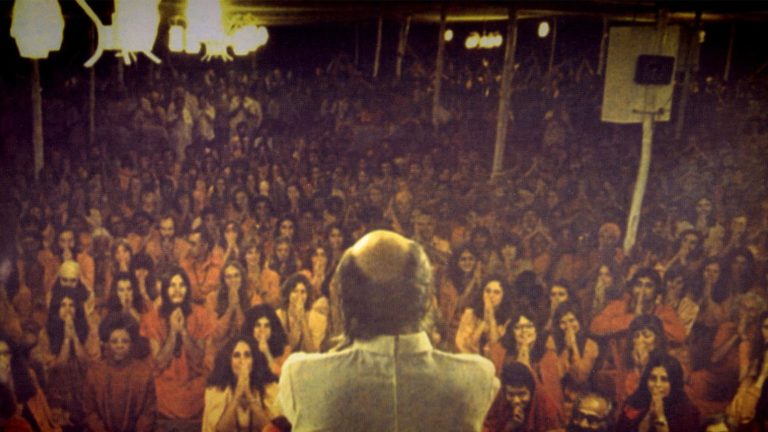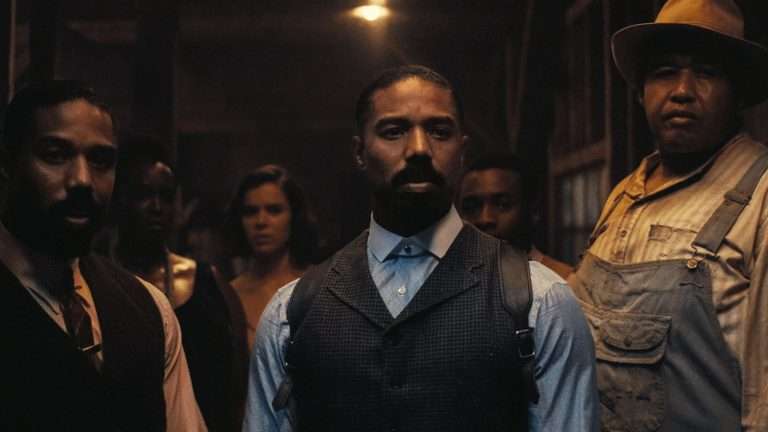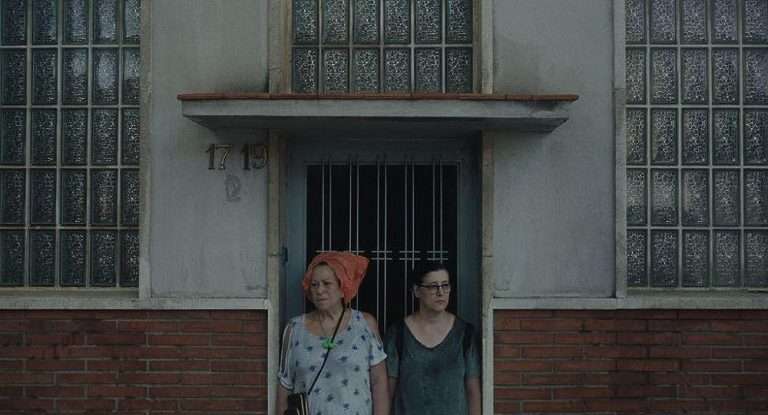Nick De Semlyen’s informative book “Wild and Crazy Guys” ostensibly has the same goal as Jason Reitman’s “Saturday Night”: fleshing out the legends that shaped the landscape of American comedy for decades to come, beginning with the hectic birth of the seemingly immortal sketch comedy show “Saturday Night Live.” But De Semlyen’s own analysis of the field doesn’t begin right at the beginning; the prologue of his book opens not with a play-by-play of the moments leading to SNL’s first episode, but rather an infamous moment in the show’s second season, in which new troupe member Bill Murray got into a backstage fistfight with former cast superstar (and then-host) Chevy Chase, mere moments before the episode went live.
With one simple anecdote, De Semlyen lays the foundation for a potent examination of the chaos and lacking professionalism that made this era of comedy so refreshing, and equally as volatile. Reitman’s loving tribute to the moment in which his own father Ivan’s best friends would stake their claim as the torch-bearers of American yucks makes its own effort to capture that acidity—and subsequently prove why it made this moment so great and “revolutionary”—but in his efforts, the genuine affection he holds for all those behind the lights and lenses obscures his vision in the face of trying to parse out why this story needs to be told at all.
On paper, if any approach would seem feasible for making a tribute film on the inception of SNL, then “Saturday Night” has the right idea: a bottled-up, lighting-paced observation piece captured in real-time leading up to the airing of the first episode. It’s the 11th of October 1975, and Lorne Michaels (Gabriel LaBelle, doing his best to infuse authority and slick-talking charm into a role clearly made for someone 10 years older) is on the verge of history—at least, that’s the way he puts it to anyone who dares to doubt him. In 90 minutes, the first episode of “Saturday Night” (hold the “Live”) will air, and NBC will have Michaels to thank for handing them the keys to the next half-century of comedy.
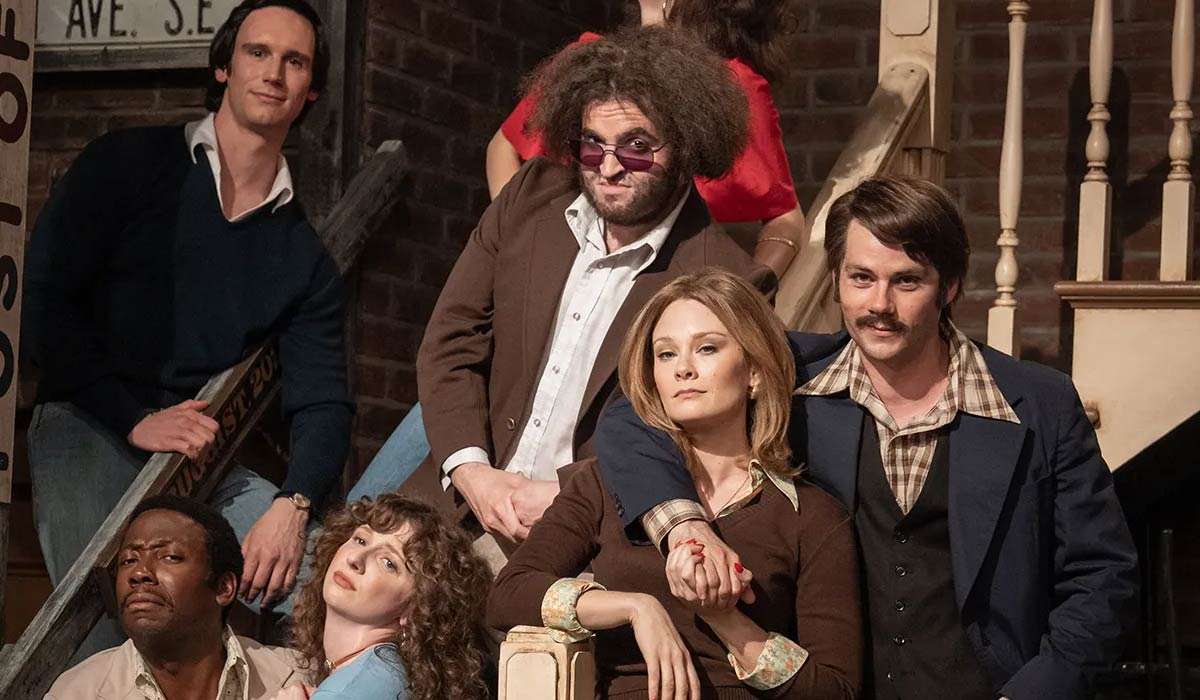
That is if anything can go smoothly. But, in order for us to have a movie, the floors of Studio 8H are rampant with calamity—to the film’s credit, most of it documented in some form as fact. The show’s lighting setup is a disaster, the three-hour dress rehearsal has yet to be trimmed down to a 90-minute script, and half the crew is either openly against the entire concept of the show or verging on setting the building ablaze in order to escape a disaster whose reason for being they can’t even comprehend.
The thing is, however, that Reitman and co-writer Gil Kenan don’t seem to have any idea what makes SNL important, either; they know, like the rest of us, that the show would go on to make sketch comedy a viable form of entertainment and launch nearly every comedian we’ve known and loved since the mid-’70s (save for my Canadian brethren over at SCTV!), but they can’t seem to quantify that value enough to justify more than 90 minutes of “DiCaprio pointing meme.”
Even for someone as deeply invested in the lore of this show and its subsequent exports as yours truly, “Saturday Night” can only take its genuine devotion towards these misfits so far before I’m left to ask what we’re actually doing here—if SNL left such an inescapable stamp on the medium, then the least the film could do is convince us as much without having Michaels blatantly say it every 15 seconds.
Some would say, then, that Reitman was simply the wrong person to tackle the tale of this mythic evening, as any man who grew up around half of the film’s subjects as friends of the family is likely too close to the material to actually dissect it in any meaningful or objective way. Every obnoxious and uninspired long take seems to prove as much—because how else will we indicate the chaos of a frantic set without gliding into each room to hear one punchline at a time?
To play devil’s advocate, though, Reitman’s warmth towards the cast of the film serves “Saturday Night” quite well, in that his respect for these comedy giants actually finds him putting them at a distance, giving the original Not Quite Ready For Primetime Players the space to make a mark without forcing his actors to come across like they’re merely there to do an impression of people famous for doing impressions.
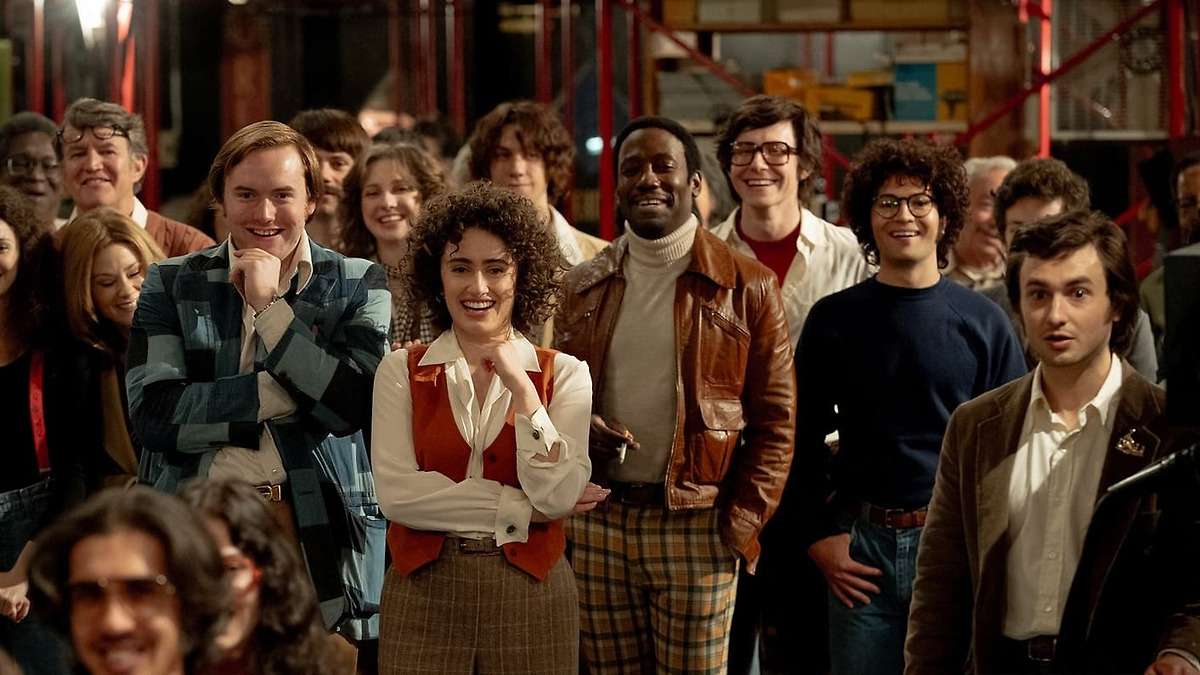
To that end, the cast of Saturday Night is nothing short of immaculate, both in casting and execution. Every one of the original seven castmates (no room for George Coe, apparently) is envisioned with a pitch-perfect understanding of each of those performers’ strengths—from Dylan O’Brien absolutely nailing Dan Aykroyd’s motor-mouthed businessman shtick, to Kim Matula embodying Jane Curtin’s flip-switch supermodel stoicism—while even the bit players are given a chance to shine; each second of Nicholas Podany as Billy Crystal feels like looking into a different kind of crystal, sucking you right back into that hallway just outside the studio.
Unfortunately, while Reitman’s love for the cast and the process is palpable, “Saturday Night” still has a tendency towards reverence in both of those areas that mucks the supposedly acerbic atmosphere that the film is attempting to depict. It’s unlikely that a conversation actually took place between Michaels, John Belushi (Matt Wood), and Gilda Radner (Ella Hunt) at the skating rink just outside the NBC building mere minutes before the episode aired.
And while the moment feels like a fitting tribute to the two castmates who would never get to see their stars shine as brightly or for as long as they deserved, this scene more or less signals a continued downward spiral for the last 15 minutes of the film, in which all justification comes down to “It’s important because you already know it is.” (Did we really need a schmaltzy “come together” moment in which Chevy freaking Chase of all people is there helping the crew set up in the final minutes before airtime?)
Was Jason Reitman the wrong person to direct “Saturday Night”? I’d hesitate to outright say as much, but he was certainly the wrong person to write the film, as its need to get to the heart of the assholes who made it to air requires someone who understands both the rhythm of such a contained piece and the psychology required to make the balance of likeability work. Perhaps Aaron Sorkin has strayed too far from anything genuinely biting to even touch a script so convinced of its own radicalism, but then again, the script Reitman and Kenan gave us doesn’t really make the case for that state of affairs, either.


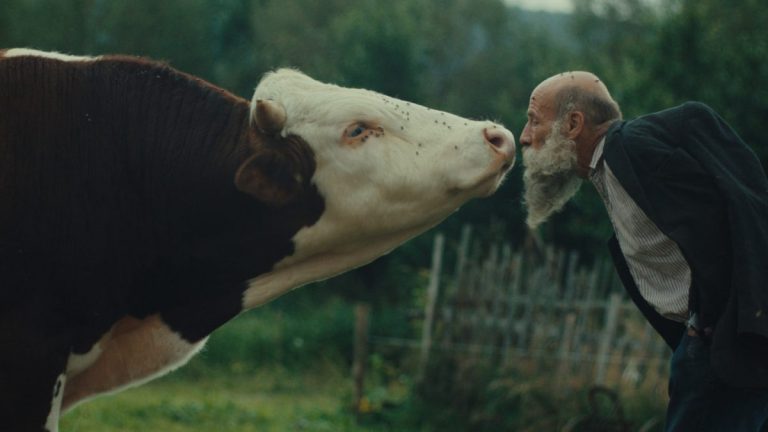
![Kadaseela Biriyani [2021] Review : An Outlandish Revenge Drama Taking a Wide Look at Violence](https://79468c92.delivery.rocketcdn.me/wp-content/uploads/2021/12/Kadaseela-Biriyani-1-768x384.jpg)

